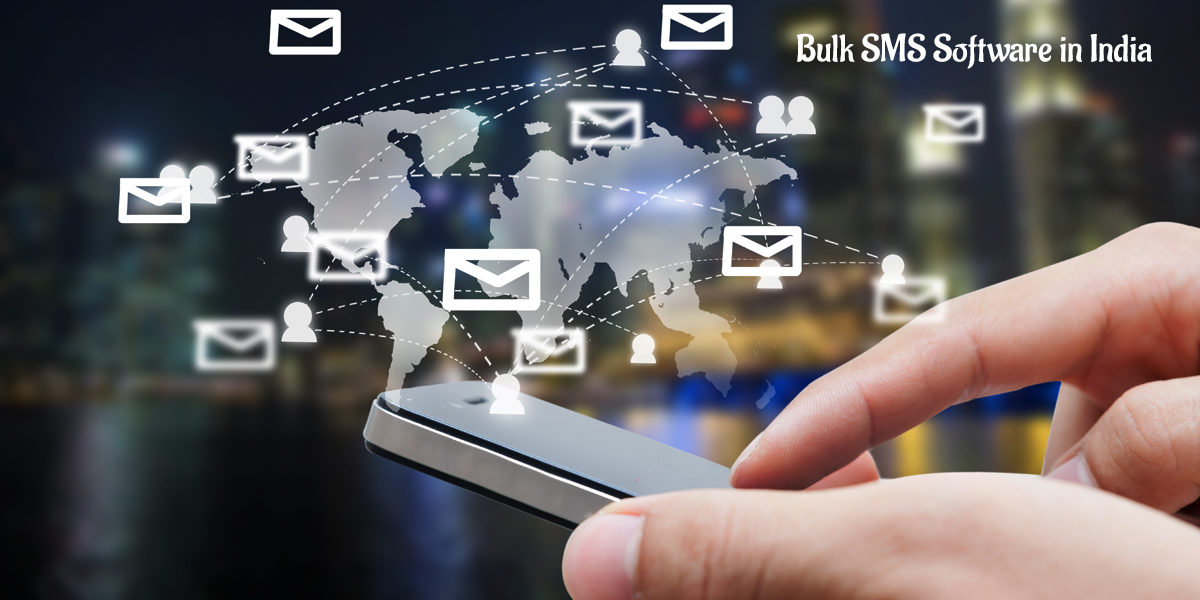The influence of SMS extended beyond personal communication into various sectors, notably business and marketing. Companies recognized the potential of sms marketing as a direct and immediate channel to reach customers. From appointment reminders and notifications to promotional offers and customer support, businesses leveraged SMS to engage with their audience effectively.
Moreover, SMS has been a cornerstone in critical communication during emergencies, serving as a reliable means for authorities to disseminate information swiftly to the public. Its role in emergency alerts, disaster response, and public safety initiatives has been pivotal.
Challenges and Future Outlook
Despite its widespread use and enduring popularity, SMS faces challenges in the form of evolving communication technologies. Messaging apps, social media platforms, and other instant messaging services have altered the communication landscape, offering richer features and multimedia capabilities that surpass the limitations of traditional SMS.
Nevertheless, SMS continues to thrive due to its simplicity, reliability, and compatibility across all mobile devices. Additionally, advancements in SMS technology, such as Rich Communication Services (RCS), aim to enhance the messaging experience by incorporating multimedia elements and interactive features, ensuring its relevance in the evolving digital sphere.
Conclusion
From its humble beginnings as a network notification tool to becoming a global communication phenomenon, SMS has transcended technological advancements and societal changes to maintain its relevance. Its impact on personal, business, and emergency communication remains substantial, underscoring its enduring significance in the realm of connectivity.
